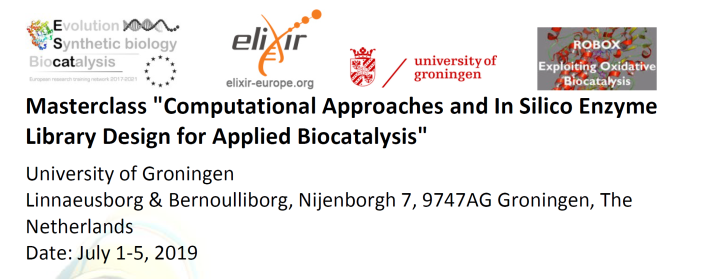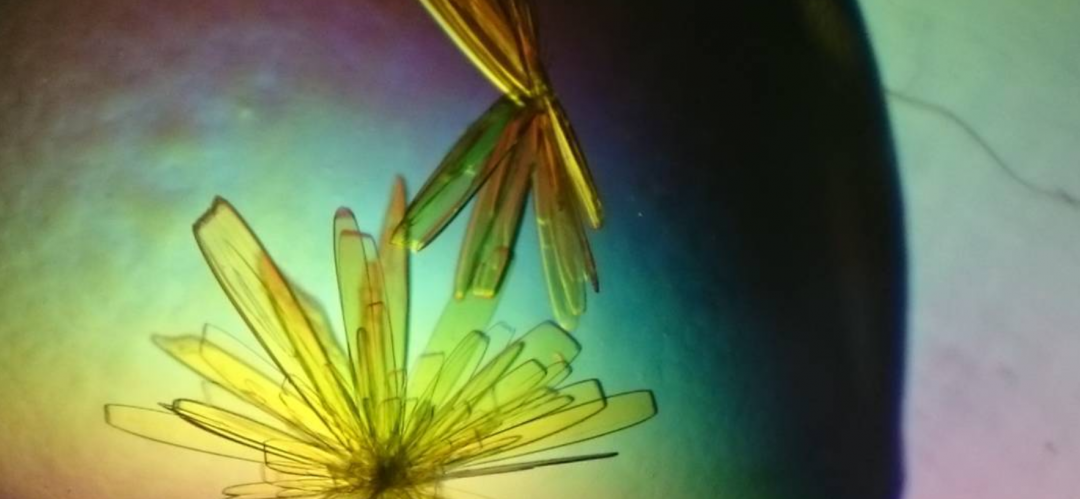
ES-Cat is a Marie Curie Innovative Training Network set up to provide young researchers with hands-on research experience and formal training in ten European partner groups, who use directed evolution as a tool to reproduce Nature’s remarkable ability to generate molecular machines – in particular enzymes – that perform at levels near perfection.

Research
Instead of seeing rational and combinatorial protein engineering approaches as alternatives, we combine them in this network to achieve a ‘smarter’ and more efficient exploration of protein sequence space. By harnessing the forces of Darwinian evolution and design in the laboratory we want to
(i) screen large and diverse libraries for proteins with improved and useful functions,
(ii) optimize existing proteins for applications in medicine or biotechnology, and
(iii) provide a better understanding of how existing enzymes evolved and how enzyme mechanisms can be manipulated.
The range of methodologies represented by academic and industrial groups with diverse and complementary skills in ES-Cat allows an integrated approach, combining in silicostructural and sequence analysis with experimental high-throughput screening selection methods (phage-, ribozyme and SNAP display, robotic liquid handling, lab-on-a-chip/microfluidics) with subsequent systematic kinetic and biophysical analysis. This integration of methods and disciplines will improve the likelihood of success of directed evolution campaigns, shorten biocatalyst development times, and make protein engineering applicable to a wider range of industrial targets. It will also train the next generation of creative researchers ready to fill roles in tailoring enzymes and other proteins for industrial applications in synthetic biology efforts to move towards a bio-based economy.
Training
ES-Cat is designed to educate young researchers in an interdisciplinary environment based on a training programme in which methods and disciplines to improve predictability of directed evolution campaigns, to shorten biocatalyst development times, and to make protein engineering applicable to a wider range of industrial targets are integrated. We also address dissemination of the vision, activities and results of the ES-Cat network to the general public, hopefully improving citizen awareness.
Technology Transfer
Research and training in this area strongly interface basic research with industrial applications. Preparation for such translational activities is part of the training programme that encompasses course on entrepreneurship, IP protection or economic challenges in applied biotechnology. The incorporation of seven industrial partners ensures a continuous reality test of our research training. Opportunities to engage in collaborative projects with industrial partners are offered to all young researchers.
The research leading to the results in these web pages has received €3.9 millions of funding from the Horizon 2020 Programme (Marie Curie Actions) of the European Union under grant agreement n° 722610. This material reflects only the author’s views and the Union is not liable for any use that may be made of the information contained therein.
